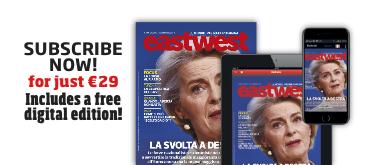An attempt to fight Islamophobia could give rise to further marginalisation
Last Wednesday The Sun, one of the UK’s most-read newspapers, urged Britons to be "United against IS" and launched a campaign aimed at bringing communities together against extremism. The newspaper dedicated seven pages to this campaign and included a flag cut-out with “United against IS” on it so that readers could take pictures of themselves holding it and post them on the social networks as part of the campaign.


The campaign is in line with the one launched by Inspire, a non-governmental advocacy organisation (NGO) working to counter extremism and gender inequality. Inspire’s Making A Stand campaign is for Muslim women to reclaim their faith from the IS so-called Islam. Both campaigns are especially concerned with the persuasiveness of the IS recruiters that have lured some young Brits into joining their cause. The Sun’s editorial states: “We must help snuff out the warped ideology of IS and stem the flow of Britons to its ranks… First, we must not give way to Islamophobia. The military success of IS vastly exaggerates its support. It represents a tiny minority”. The director of Inspire, Sara Khan, participated in the Sun coverage of the story. In her piece she stated: “We oppose IS and extremism. We see how young people are being radicalised and fear that our children will be next”.
This content if for our subscribers
Subscribe for 1 year and gain unlimited access to all content on eastwest.eu plus both the digital and the hard copy of the geopolitical magazine
Gain 1 year of unlimited access to only the website and digital magazine




